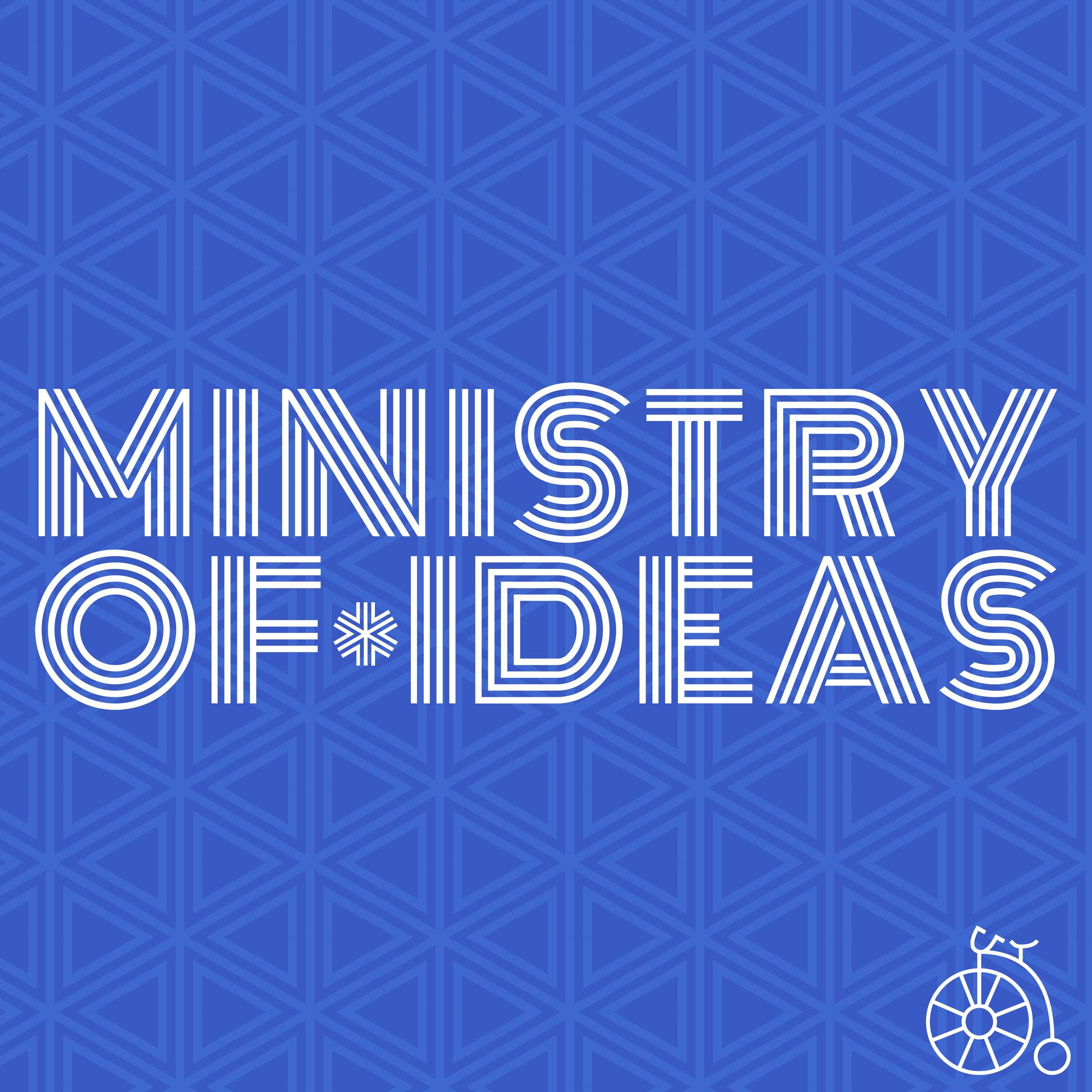Genealogies of Modernity Episode 4: Jamestown and the Myth of the Sovereign Family
Description
What is the “traditional American family?” Popular images from the colonial and pioneer past suggest an isolated and self-sufficient nuclear family as the center of American identity and the source of American strength. But the idea of early American self-sufficiency is a myth. Caro Pirri tells the story of the precarious Jamestown settlement and how its residents depended on each other and on Indigenous Americans for survival. Early American history can help us imagine new kinds of interdependent and multi-generational family structures as an antidote to the modern crisis of loneliness and alienation.
Researcher, writer, and episode producer: Caro Pirri, Assistant Professor of English, University of Pittsburgh
Featured Scholars:
Jean Feerick, Professor of English, John Carroll University
Steven Mentz, Professor of English, St. John’s University
Special thanks: Molly Warsh
For transcript, teaching aids, and other resources, click here.
Learn more about your ad choices. Visit megaphone.fm/adchoices
More Episodes
The great English essayist and linguist Samuel Johnson was writing during the Enlightenment – the period some historians identify as the beginning of the modern age. American author and philosopher David Foster Wallace worked more than two centuries later, in the “post-modern” style. But these...
Published 12/20/23
Published 12/20/23
The problem of gun violence is as old as guns themselves. According to historian Priya Satia, America’s present epidemic of gun violence has its roots in the industrial revolution. Satia tells the story of British gun-maker Samuel Galton, Jr., who was called to task by his Quaker community for...
Published 12/13/23


